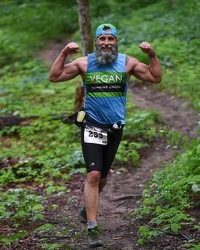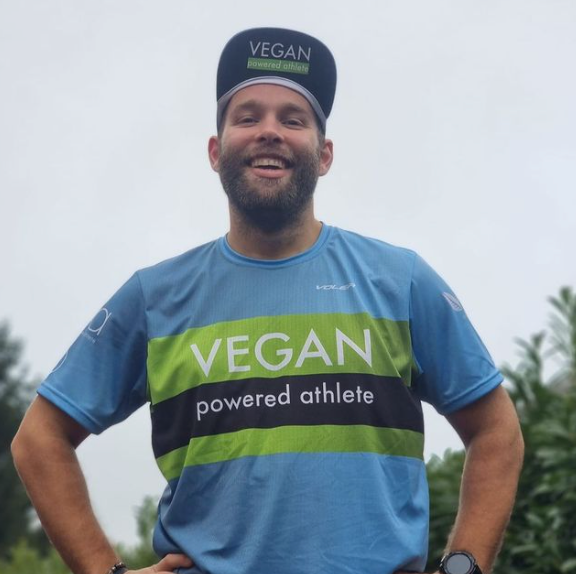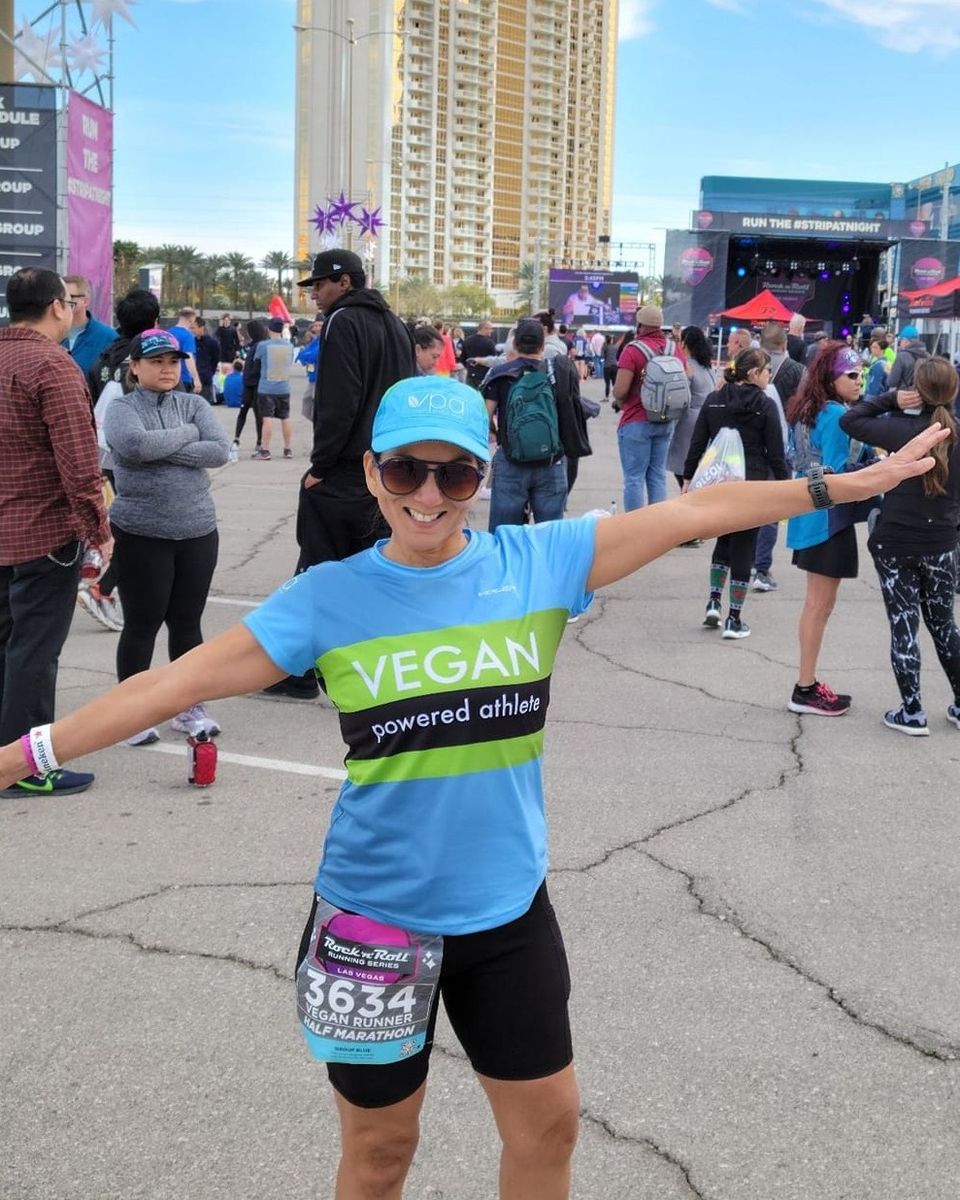
The myth of being unable to lead a fit and healthy lifestyle while being vegan has been shattered. Not only is the average person aware of how they can get their nutrition in a vegan diet, but many elite athletes are converting to the practice as well.
Here are the top ten nutrition tips for vegan athletes.
1. Hydration
Every athlete must stay hydrated, regardless of their diet. However, it is such a vital component of our health that it must get a mention. Those who work hard at the gym or training field must give their body enough water to recover. Dehydration can become a major issue for athletes who forget to drink water throughout the day. Athletes can keep a water bottle on their person at all times, as it allows them to sip away all day.
2. Supplements
While it is possible to get all the required nutrients through food, supplementing any diet is beneficial. Supplements such as omega-3 fatty acids are very helpful for vegan athletes. Those on a tighter budget may not get to consume the wide array of nutrient-rich foods that needed for adequate Omega-3s regularly, which is why omega-3 supplements are a great and affordable addition to your diet.
3. Fresh Foods and Colors
The best part of a vegan diet is all the fresh foods athletes get to consume. A vegan athlete should try and eat foods in their natural state when possible. Fresh salads and fruit bowls are great options for meals and snacks. It is also important to get a good balance of colors, as it leads to better diversity in nutrients among the foods being consumed.
4. Always Eat More Vegetables
Not only are vegetables relatively low calorie, but they also contain a lot of water, nutrients and healthy fiber. Eating more vegetables is always a good idea! Not everyone can eat multiple plates of vegetables in the day, which is why freshly-prepared vegetable smoothies are a great option.
5. Consume Enough Volume
One of the tricky transitions from a regular diet to veganism is consuming enough calories. Athletes who are training hard during the year must watch their intake. It is easy to under-consume calories in a diet that is loaded with vegetables. Beans, legumes, nuts, and seeds are a great accompaniment to vegetables. They also help get the calorie count up for athletes who need to fuel up after an intense workout.
6. Avoid Inflammatory Foods
Foods such as refined sugars, gluten, refined flour, and vegetable oil are known for their inflammatory effects. Not only do they have a negative impact on blood sugar, but they are not healthy for the body. Replacing them with healthy fats from avocados, nuts, and seeds is the best option.
7. Look Into Natural Pre-Workout Foods
Heading into a workout does not have to mean consuming questionable supplements like creatine. Natural combinations are available. For instance, oatmeal with almond milk and protein powder is a great pre-workout snack. It is nutritious, energy boosting and filling.
8. Superfoods
The list of vegan powered superfoods includes hemp seeds, chia seeds, goji berries, cacao, matcha, and blueberries. These foods should be incorporated into as many meals and snacks as possible - within an athlete’s budget of course!
9. Alkaline-Forming Foods
Eating more alkaline-forming foods helps the pH balance within the body, which has a huge impact on the vital organs. Foods such as spirulina, hemp seeds, quinoa, and dates are known for alkaline-forming qualities.







